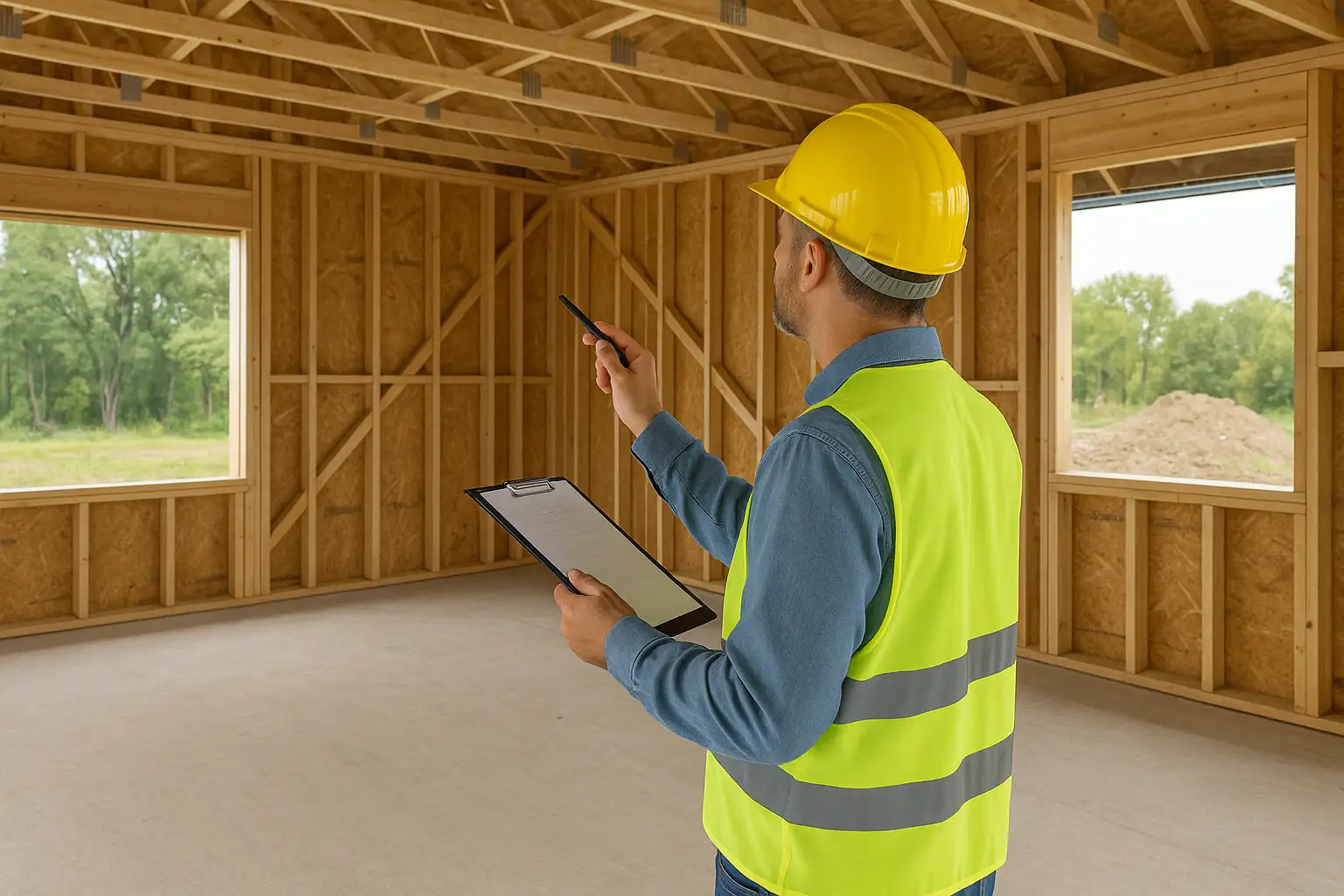Councils around the country will always have a part to play in inspecting and issuing final code of compliance documents for any work that has been consented. There are a raft of different types of inspections, checking over different elements of a building at different stages of the construction process. Although there have been talks and resources built to help builders and other independent qualified inspectors to start doing their own inspections, like electricians and gasfitters who must complete a record of work document in order for a project to receive a Final code of compliance (CCC.)
We are still currently in an environment where councils will be inspecting. So what are all the inspections that your project could be subjected to? Note that not all projects will require each and every inspection.
Type of inspections
• Site Meeting Monitoring
• Erosion and Sediment Control
• Foundation or slab
• Blockwork
• Subfloor framing
• Pre roof
• Pre cladding
• Half high masonry
• Pre plaster exterior
• Pre line
• Pre stop
• Concrete construction
• Steel construction
• Fire resistant lining
• Interior tanking
• Shelf angles
• Drainage
• Heating unit
• Final
• Certificate for public use
Attaining a final code of compliance ensures all work that has been carried out is reflective of the projects consented plans and inline with the New Zealand Building Code 2004. Once the final council inspection has been delivered, we can then go ahead and apply for the buildings CCC, along with submitting all associated construction documentation, including the following;
• LBP Records of Work
• Building Location Certificate
• As-Built Drainage Plan
• As-Built Truss Design (ABTD)
• Engineer’s producer Statement (PS4)
• Producer statements (PS3)
• Energy Work Certificates (electrical or gas)
• Specified Systems Performance Statement.
Before the issuing of a CCC, the council, if satisfied on the grounds of health and safety will issue a certificate of public use, this ensures the safety of the public when using this building before the CCC is issued.

